How to Survive a Dictatorship
We tend to forget, but until 1989 half of Europe lived under authoritarian rule. For these Europeans the past is far from forgotten, sometimes the dictatorship still haunts them in their dreams. But in a dictatorship, people also laugh and love. They are resilient and never mere victims. They know how to behave to make their daily troubles bearable. In the video series ‘How to Survive a Dictatorship’ six Europeans share their survival strategies and tell their personal story. Taken together, the episodes form a survival guide.
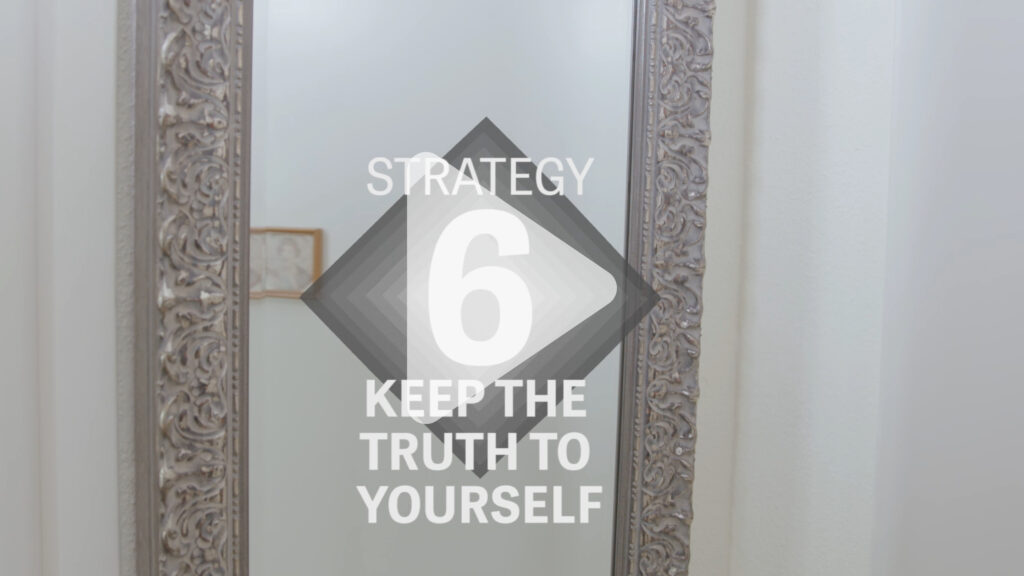
Strategy 6: Keep the truth to yourself
How to Survive a Dictatorship
Eva Pieper (b. 1956) learned at an early age to twist the truth and bend it to her will. She lied if she felt it would allow her to stay out of danger. Almost everyone did this in East Germany (GDR). Because what you really thought or had done, it was often better to keep to yourself: it could just have horrible consequences. Pieper often kept the truth to herself even from her father, because he held a high position in the Communist Party. After her forced departure from the GDR in late 1978, it took her years to trust that she could simply say what she thought. Pieper works as a life coach and presentation trainer in Amsterdam.
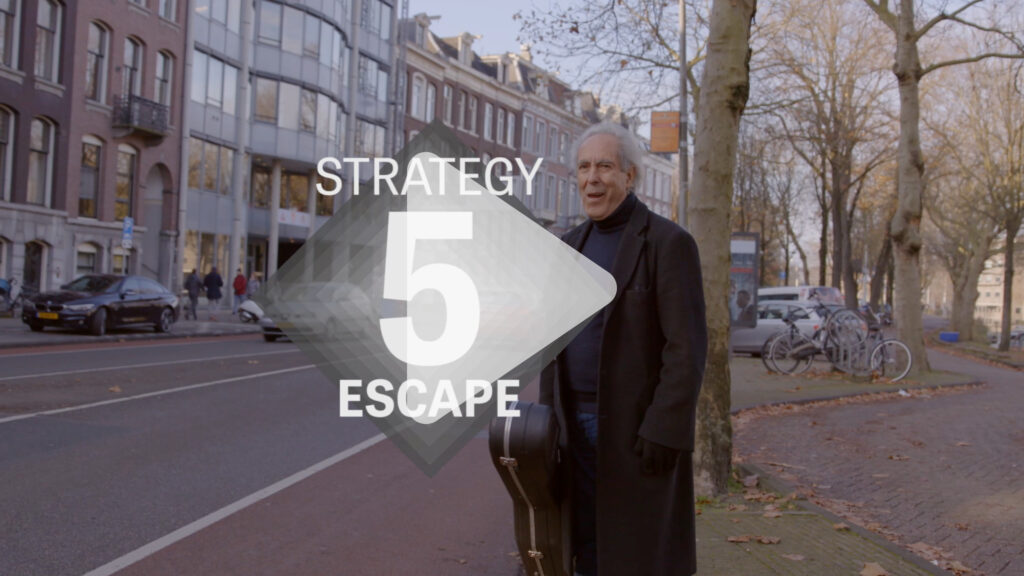
Strategy 5: Escape
How to Survive a Dictatorship
“No, I didn’t mind at all going away and leaving everything behind. Fleeing meant a chance for a better future.” Fernando Lameirinhas (b. 1944) was born in the Portuguese city of Porto and fled at 15 with his brothers and mother to Belgium and later to the Netherlands. His father had left a year earlier because he was in danger because of his “left-wing sympathies. Lameirinhas became a successful musician, but he has never left his past behind: “For fifty years I have been making songs related to my flight from Portugal.”
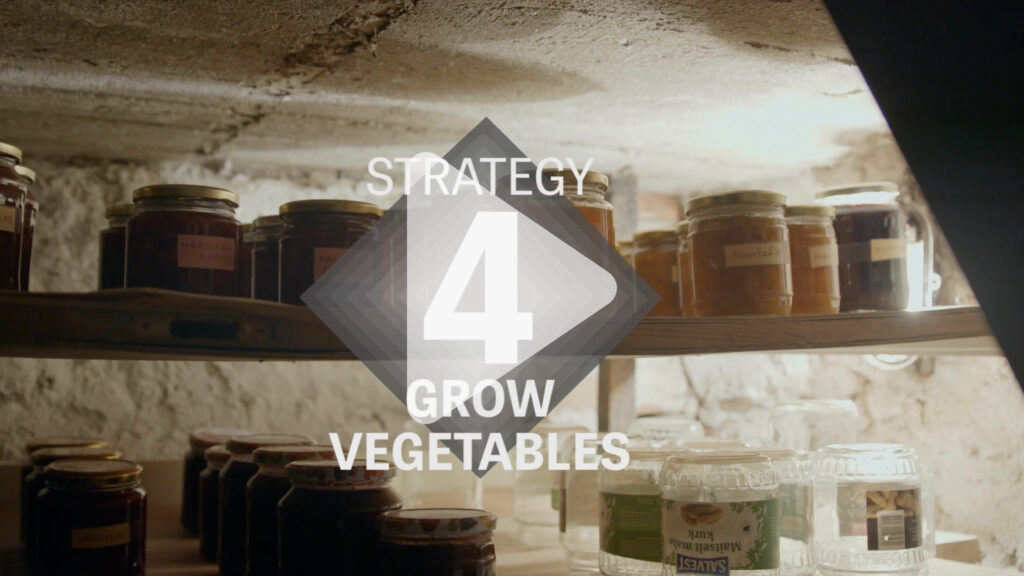
Strategy 4: Grow vegetables
How to Survive a Dictatorship
Piret Toomet (b. 1970) was, as she herself calls it, “a post-Siberia baby. Until 1991, Estonia was part of the Soviet Union. Toomet’s father spent years in a penal camp and came back traumatized. Talking about his imprisonment he did not do, working in his garden all the harder. He had control over his vegetables; a good harvest made him proud. Moreover, it guaranteed that there was enough food in the harsh winters. Maintaining a vegetable garden and pickling vegetables is still typically Estonian, according to Toomet. Almost thirty years after the fall of communism, she makes sure every year that her cellar is filled with jars of jam and vegetables for the winter. It’s as if it’s in her dna.
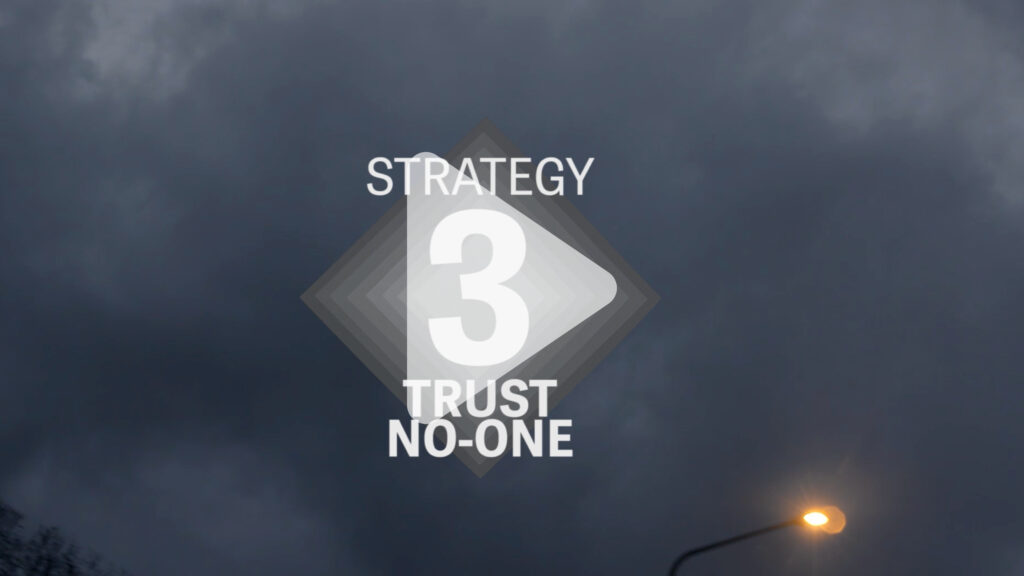
Strategy 3: Trust no-one
How to Survive a Dictatorship
In post-World War II Czechoslovakia, everything and everyone was watched. There were cameras and really anyone could be a snitch. From childhood you knew it was better not to trust anyone. Life in such a system changes you forever, Richard Ernest (b. 1938) knows. Ernest was a journalist and moved to the Netherlands to work here as a correspondent. He lives with his wife in the Bijlmer district of Amsterdam.

Strategy 2: Have guts
How to Survive a Dictatorship
Iwona Bielecka (b. 1960) grew up in communist Poland and was the daughter of a senior officer. When she went to college, she became increasingly critical of the system. She participated in strikes and underground activities against the regime. Her motto: have guts. When you are not afraid, you can keep your autonomy and feel free. In 1988, she moved to the Netherlands. She works in Brabant as a psychotherapist. She and her husband have a great fondness for antique motorcycles.
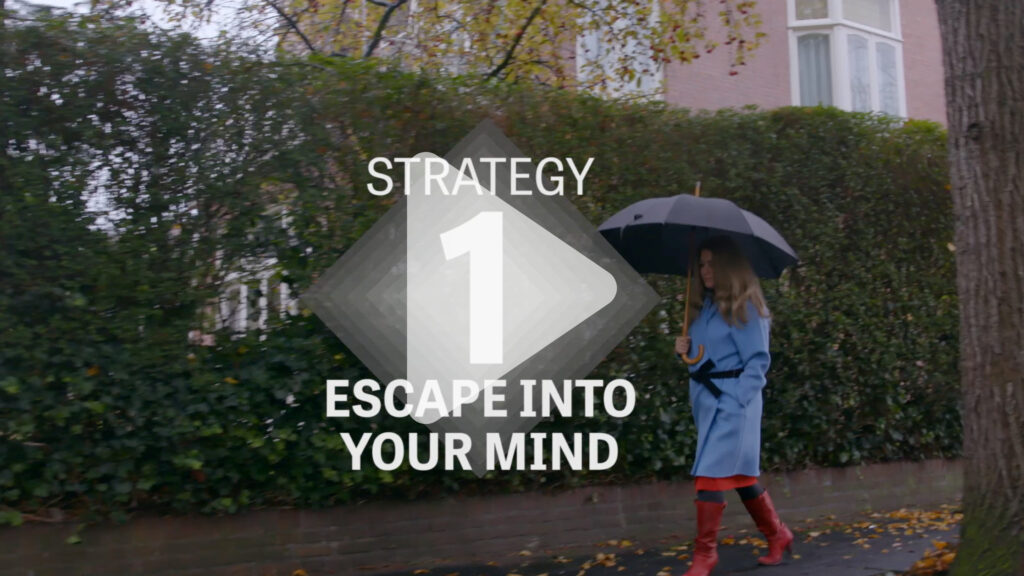
Strategy 1: Escape into the head
How to Survive a Dictatorship
Mira Feticu (born Breaza, 1973) remembers from her childhood in communist Romania mainly the hunger, which was so bad that she even preyed on the crumbs that fell from the table. Thirty years after the fall of communism, she can still burst into tears when there is a choice of no less than two types of bread. To escape daily reality, she went to “live” in books. There she found a parallel universe full of thoughts and possibilities that were unthinkable under dictator Nicolae Ceaușescu. Feticu became a poet and writer and moved to the Netherlands in 2005. In her autobiographical novel All My Fathers, she wrote, “Build a wall of books around you, so high that the world can no longer be seen.”
